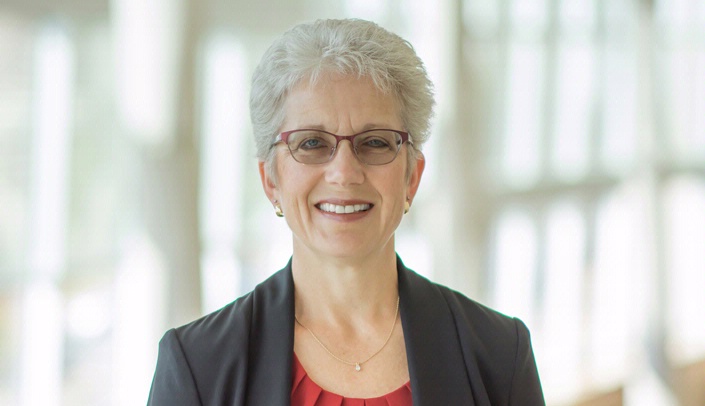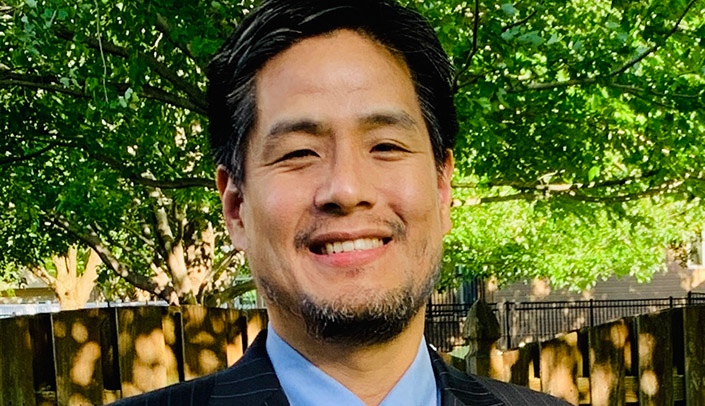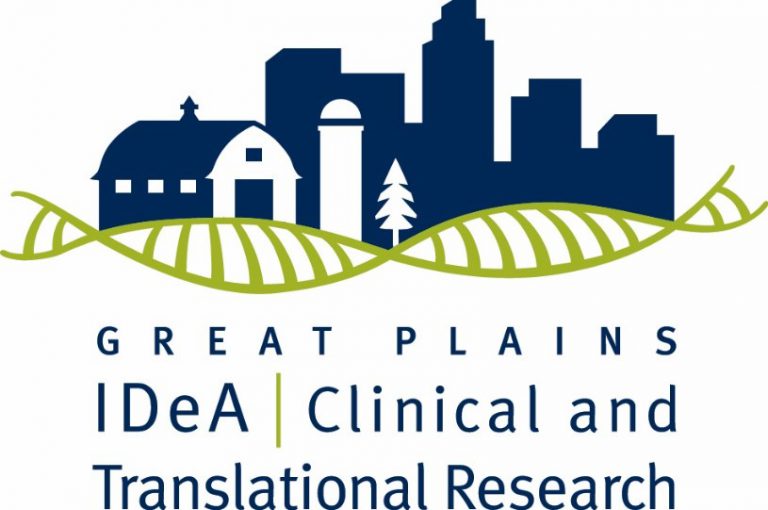Improving Quality of Life after Diagnosis

Distress affects almost everyone diagnosed with cancer. About one-third of women with breast cancer experience significant enough distress that they feel anxious, depressed, and frequently distracted by thoughts of cancer. Many women describe a rollercoaster of emotions with both good and bad moments recurring numerous times throughout their day. These extremes of thoughts and feelings make it difficult for women with a new diagnosis of breast cancer to concentrate at work and enjoy life. Help, however, is available. Robin Lally, PhD, MS, BA, RN, AOCN is a Professor in the College of Nursing at the University of Nebraska Medical Center who designed and created, with the help of healthcare experts and breast cancer survivors, a web-based, distress self-management program called CaringGuidance™ After Breast Cancer Diagnosis for women newly diagnosed with breast cancer. CaringGuidance™ offers women and families tools, strategies, and supportive validation for managing the thoughts, emotions and everyday distressing experiences. And, since communication with health care providers is key to receiving help for distressing cancer issues, CaringGuidance also contains a Summary Report that women may electronically create in a single page to summarize their most important concerns and facilitate communication with their clinician.
Dr. Lally was awarded a Great Plains IDeA-CTR pilot study grant to test the CaringGuidance™ Summary Report among women treated for breast cancer at the Fred & Pamela Buffett Cancer Center. Her team is interested in learning what women who use the CaringGuidance™ program for a few weeks think about how the Summary Report works, whether it is easy to use and if it contains what they find important to better communicate with their oncology clinician. They are also learning whether the helps women initiate a conversation about their thoughts and emotions during their appointment with their oncologist. This information will be used to redesign the Summary Report, making it even more useful to facilitate, communicate and help women receive distress-reducing help from their oncology clinicians. One woman has completed the study and a second woman will complete it soon.



